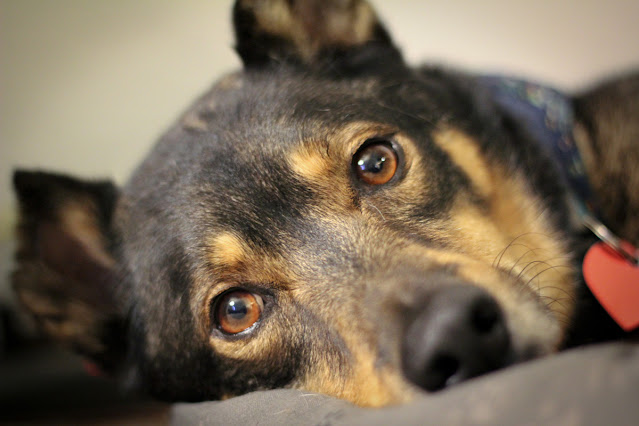Behavioural problems in rabbits, rodents and ferrets
Common behaviour problems in rabbits, rodents and ferrets include aggression and house-soiling.
Many people keep rabbits, rodents and ferrets as pets. A study published last year by Normando and Galli (Padua University) is the first to investigate the kind of behavioural problems they have and how it affects owners’ feelings of satisfaction with their animals.
Participants were recruited via an Italian rabbit forum, the University of Padua, and local veterinary clinics. The survey was completed by 193 people about a total of 371 pets. The pets included 184 rabbits, 59 mustelids (mainly ferrets, but also including two skunks), and 128 rodents (including guinea pigs, hamsters, gerbils, chinchillas, rats and other rodents).
Most owners reported no problems, but 29% of rabbit owners, 53% of mustelid owners, and 20% of rodents had a behavioural problem. For rabbits, the most common problems were inappropriate toileting, destructiveness, and not being cuddly enough. The most common problem with ferrets was being aggressive, followed by house-soiling and disobedience. For rodents, the main problem reported was not being sociable or cuddly enough.
Participants were recruited via an Italian rabbit forum, the University of Padua, and local veterinary clinics. The survey was completed by 193 people about a total of 371 pets. The pets included 184 rabbits, 59 mustelids (mainly ferrets, but also including two skunks), and 128 rodents (including guinea pigs, hamsters, gerbils, chinchillas, rats and other rodents).
Most owners reported no problems, but 29% of rabbit owners, 53% of mustelid owners, and 20% of rodents had a behavioural problem. For rabbits, the most common problems were inappropriate toileting, destructiveness, and not being cuddly enough. The most common problem with ferrets was being aggressive, followed by house-soiling and disobedience. For rodents, the main problem reported was not being sociable or cuddly enough.
The questionnaire also asked about repetitive stereotypies,
behaviours like chewing on the cage bars or pacing. Owner reports on this are
hard to assess, since some behaviours might be alright up to a certain level,
and only be problematic if they occur too frequently; the authors had to
exclude a small number of reports. The analysis showed a link between the
prevalence of stereotypies and the animal’s housing; pets with less freedom to
roam were more likely to be reported as displaying a stereotypy.
In addition to the questionnaire, a subset of the animals
were brought by their owners to the lab, to see how they behaved during a
mock-up of the early stages of a visit to the vet. For the two skunks, the
procedure had to be halted because the animal was aggressive, but most of the other
animals performed well.
It’s interesting that even when the animals had behavioural
problems, it did not mean that owners felt dissatisfied with their pet. This
suggests the behaviour problems were not severe and did not interfere with the
relationship. The owner had been bitten at least once by 96 of the animals, but
this did not usually mean that the owner considered the animal to be
aggressive. Aggression towards strangers was found significantly more often
amongst the mustelids than the rabbits and rodents.
 |
| Photo: grynold / Shutterstock |
Although owners had more complaints about mustelids, they
also found them more satisfying as pets. This is perhaps because they are
inquisitive and social animals, and so the owners find it more interesting to
interact with them. However, it is also possible that people with many
complaints would have rehomed their pet, and hence were not in the survey.
The finding about stereotypies is consistent with what is
known about laboratory animals, and shows the importance of an enriched and
appropriate environment for the pet.
Do you have a rabbit, ferret or rodent as a pet? If
so, what do you like about it?
You might also like: Taking care of your pet rabbit and what is the best enrichment for your ferret?
You might also like: Taking care of your pet rabbit and what is the best enrichment for your ferret?
Reference
Normando, S., & Gelli, D. (2011). Behavioral complaints and owners' satisfaction in rabbits, mustelids, and rodents kept as pets. Journal of Veterinary Behavior, 6(6), 337-342.




